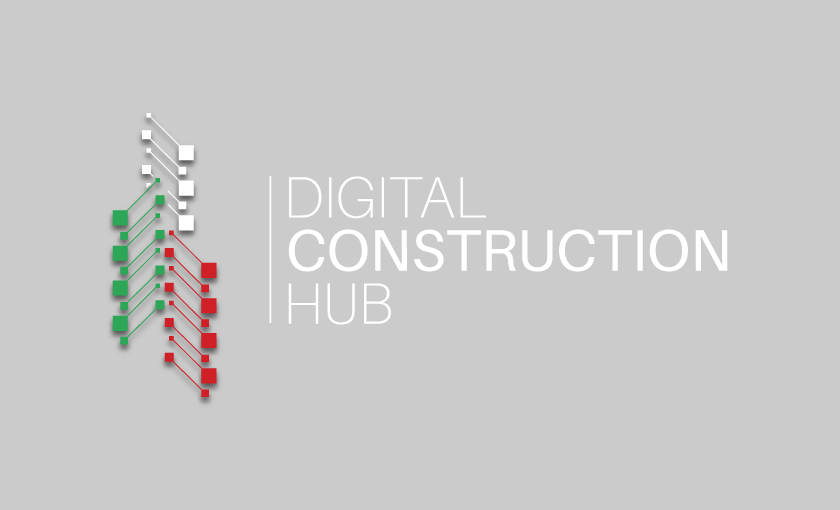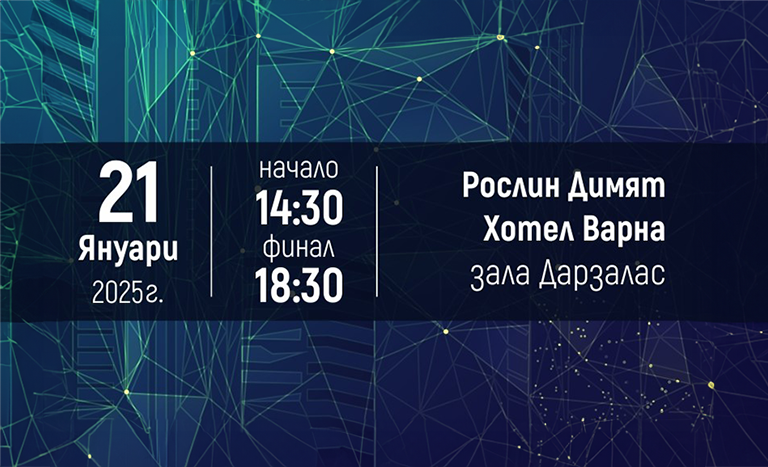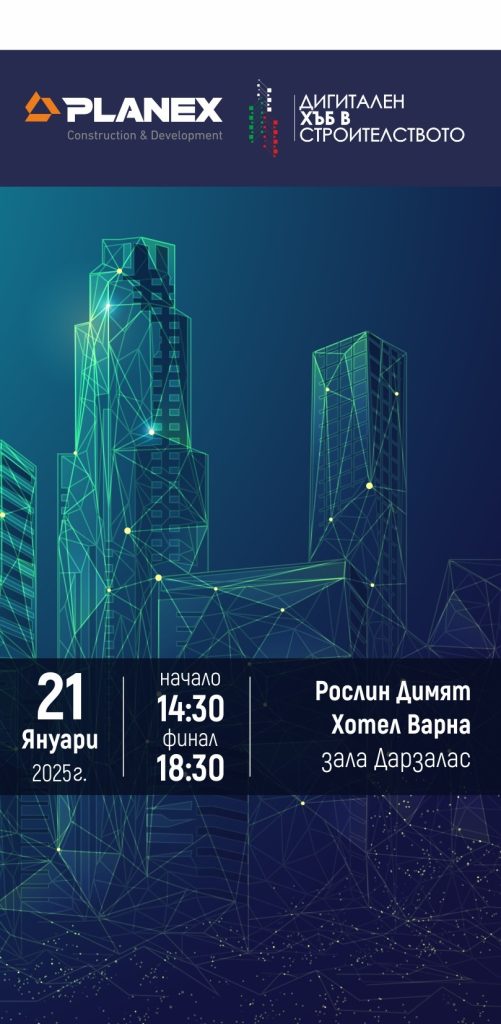The European Digital Innovation Hub (EDIH) Construction course on drones in construction has become one of our most popular trainings. Due to the great interest from architects, civil engineers and designers, our hub is planning to hold three more three-day courses on “UAV Surveying, Surveying and Monitoring”, which will be held in Varna and Sofia.
In the capital, the training will take place from February 12 to 14, and you can register for it HERE. The other two courses are in Varna from March 18 to 21. There are currently spaces available for the second training in Varna, which is planned for March 18, 20 and 21, and registration for it is HERE.
Representatives of various construction companies have already attended the first course on the use of drones, which was a great success in the second half of October and was led by Eng.
Yordan Hristev, Director of “Geodesy and Mine Surveying” at Geostroy – a company co-founder of EDIH in the construction sector. For three days, owners and employees of small and medium-sized companies, architects and designers had the opportunity to learn about the use of drones in the implementation of projects in various construction areas, and after completing it, they gave high marks for the knowledge gained.
The theoretical part of the training, which started on February 12 in Sofia, will be held in the EDIH training hall, and the practical part will be on site – at the metro station next to the “Obelya” railway station with the tunnel connection to the “Obelya” metro depot.
The course covers many topics related to the possibilities of using drones in construction, learning how to create a 3D model for feasibility study, design and preparation of quantitative calculations. It is aimed at architects, civil engineers, designers and technicians, and the minimum educational level for participants is secondary technical education.
Training on the use of drones in construction takes place in three stages over three days.
The first stage includes the acquisition of a theoretical part – familiarization with the capabilities of unmanned aerial vehicles in the construction industry, as well as information about the control of the drones themselves. Participants will learn about the requirements for pilots and the specifics of different models of aircraft. They will have the opportunity to master the Pix4Dcapture/DJI Pilot 2 software product, which is used for the purposes of preparing a flight plan. The course participants will get acquainted with and consider the possibilities and features of creating a preliminary flight plan with unmanned aerial vehicles.
The second stage of the training includes a practical part – flying over and photographing a pre-selected object for the purpose of examining and creating a 3D model.
The third stage is the processing of the captured material. Participants will be introduced to the software product Pix4Dmapper and auxiliary programs for processing the captured material. Finally, a review and analysis of the obtained results will be made.
-en.png)


